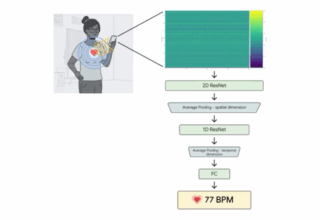
A consortium of health experts and doctors has written to the Union government seeking price controls on over 180 new drugs, including nine cancer drugs, amid concerns that many patients die prematurely unable to afford chemotherapy.
The consortium, whose members include doctors from the Tata Memorial Hospital, Mumbai, and other medical institutions, wants these drugs added to the National List of Essential Medicines (NLEM) that is currently under revision by a health ministry-appointed panel.
Under current drug price control rules, the government caps prices only on drugs which figure in the NLEM, which was last pencilled in 2011 and currently has 348 drugs. “The selection of medicines for the (expected in the revised) NLEM 2015 has direct implications for ensuring better access to affordable medicines,” representatives of the consortium have said in letters to Union health minister J.P. Nadda and Ananth Kumar, the chemicals and fertilisers minister.
The National Pharmaceuticals Pricing Authority (NPPA) – the government agency that uses average prices of brands with more than one per cent market share to impose price controls on drugs – operates under the chemicals ministry.
The consortium has voiced concern that the panel set up last year to review the NLEM does not appear inclined to take into account a diversity of views about which drugs should be included in the revised list.
While the panel has held a series of consultations in cities across the country, inviting experts to provide suggestions for the revision process, the consortium’s letters to the ministers suggest that consumer organisations and associations of patients have not had opportunities to contribute to this process.
The panel, chaired by former Indian Council of Medical Research director-general Vishwa Mohan Katoch, includes experts in pharmacology and public health. Katoch was not available today for comment.
But a member of the panel, who requested not to be named, said the panel was examining all suggestions it had received and was in the process of generating a revised NLEM. “We’re trying to release as fast as possible…I can’t say exactly when.”
An expert who attended a consultation in New Delhi in February this year, recalled hearing a member of the panel use the words “industry must not be suffocated” during the discussions.
“Has this panel been set up to consider industry interests or patients’ interests?” the expert told The Telegraph.
The consortium is hoping a revised 2015 list of essential medicines released by the WHO last week will convince the Indian panel to include many of the drugs whose inclusion has been sought.
“We’re happy to see the WHO has added some highly effective drugs against cancer, multi-drug resistant tuberculosis, and hepatitis C virus,” said Malini Aisola of Oxfam India, a development organisation.
Doctors suspect that many patients – particularly those with cancer – suffer and die prematurely as they are unable to afford the high cost of anti-cancer medications. The cost can run into lakhs of rupees.
A document prepared by the Tata Memorial Hospital sent to the two ministers points out that outcome of cancer has improved over the past four decades. The five-year survival rate for all cancers combined was about 50 per cent in adults and 62 per cent in children in the 1970s, but had increased to 68 per cent among adults and 81 per cent among children by 2008.
The consortium wants many other drugs, including anti-infection agents and medicines used in the treatment cardiovascular diseases, diabetes, psychiatric conditions, among other illnesses included in the revised NLEM
[“source-abplive.in”]













